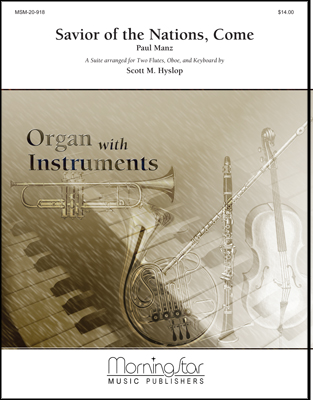When our heads are bowed with woe. H. H. Milman. [Litany in Lent. Burial.] Appeared in Bishop Heber's posthumous Hymns, &c, 1827, p. 114, in 6 stanzas of 3 lines, and the refrain, "Gracious Son of Mary, hear." It was appointed for the 16th Sunday after Trinity, and is based on the Gospel of that day, the raising of the widow's son at Nain, but deals only with the sad side of that event. Although it has become one of the most popular and widely used of Milman's hymns, yet it was not included by him in his Psalms and Hymns, 1837, nor in any subsequent edition. In Bickersteth's Christian Psalmody, enlarged edition, 1841, No. 122, the hymn begins with stanza v., "When the heart is sad within," and the text is rearranged thus, stanzas v., vi., i., ii., iii., and a new stanza. This last stanza is repeated in Bp. Bickersteth's Hymnal Companion , 1870. The refrain "Gracious Son of Mary, hear," has exercised the ingenuity of many editors of hymn-books. The following list of changes in that one line, although not complete, is yet sufficiently long to illustrate the difficulty of maintaining unity in these matters.
1. “Gracious Son of David, hear." Elliott. 1835.
2. “Jesus, Son of David, hear." Bickersteth. 1841.
3. “Son of Man, O Jesu, hear." English Hymnal. 1852.
4. “Jesu, Son of Mary, hear." Murray's Hymnal. 1852.
5. “Gracious Lord of Mercy, hear." T. Lowe's Hymns, 1854.
6. “Jesu, born of Woman, hear," Society for Promoting Christian Knowledge edition.
7. “Jesu, Man of Sorrows, hear." Alford. 1867.
8. “Jesu, Loving Saviour, hear." Windle. 1864.
9. “Gracious Saviour, hear." Scottish U. P. C. 1852.
10. “Gracious Son of David, hear." Harder. 1884.
The text of this hymn as in Hymns Ancient & Modern, 1861, has been translated into Latin by the Rev. C. B. Pearson in Biggs's annotated edition of Hymns Ancient & Modern, 1867, as "Tristes, orbos lacrymantes."
--John Julian, Dictionary of Hymnology (1907)
Hymnary Pro Subscribers
Access
an additional article
on the Canterbury Dictionary of Hymnology:
Hymnary Pro subscribers have full access to the Canterbury Dictionary of Hymnology.
Get Hymnary Pro


 My Starred Hymns
My Starred Hymns






